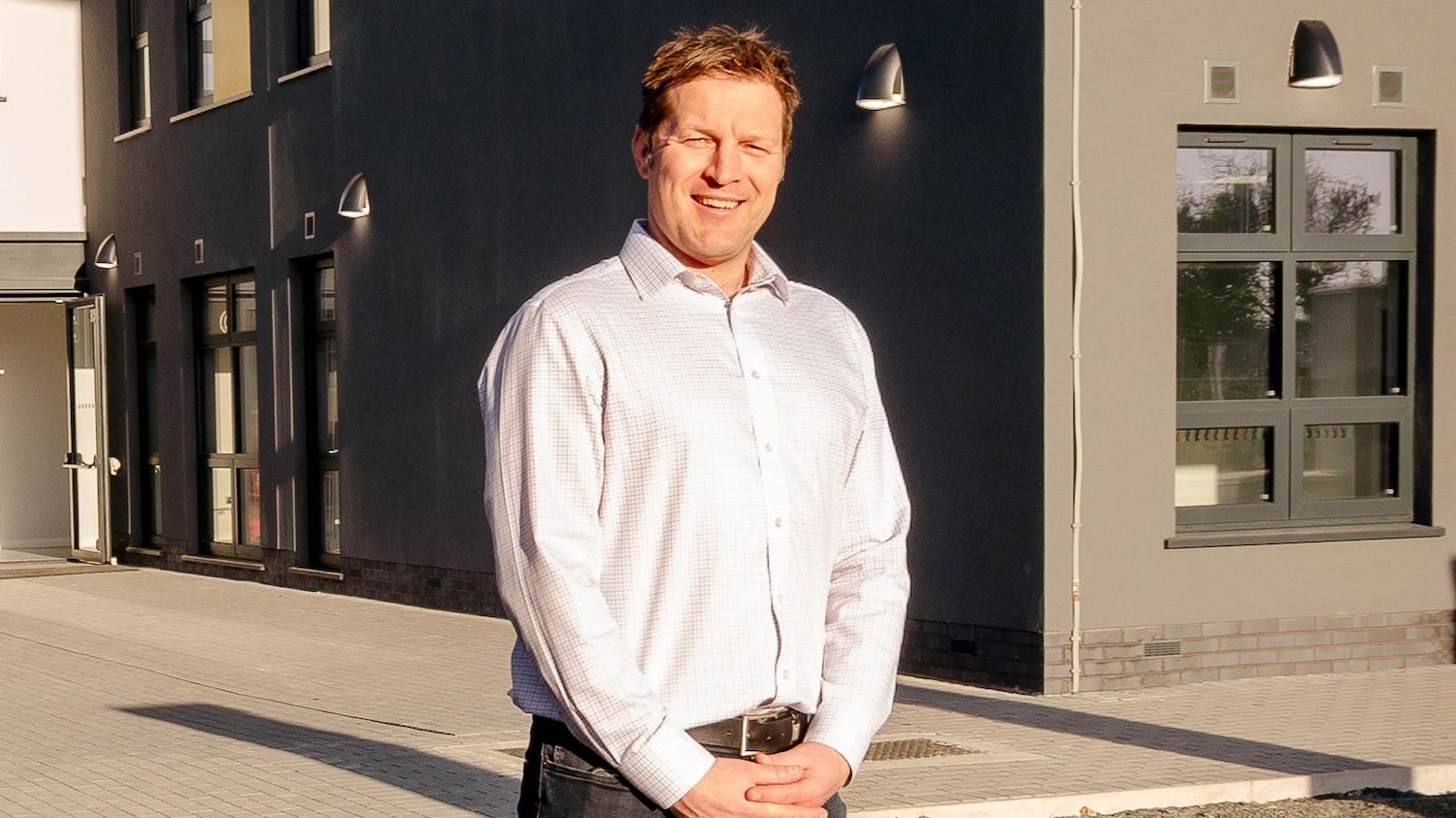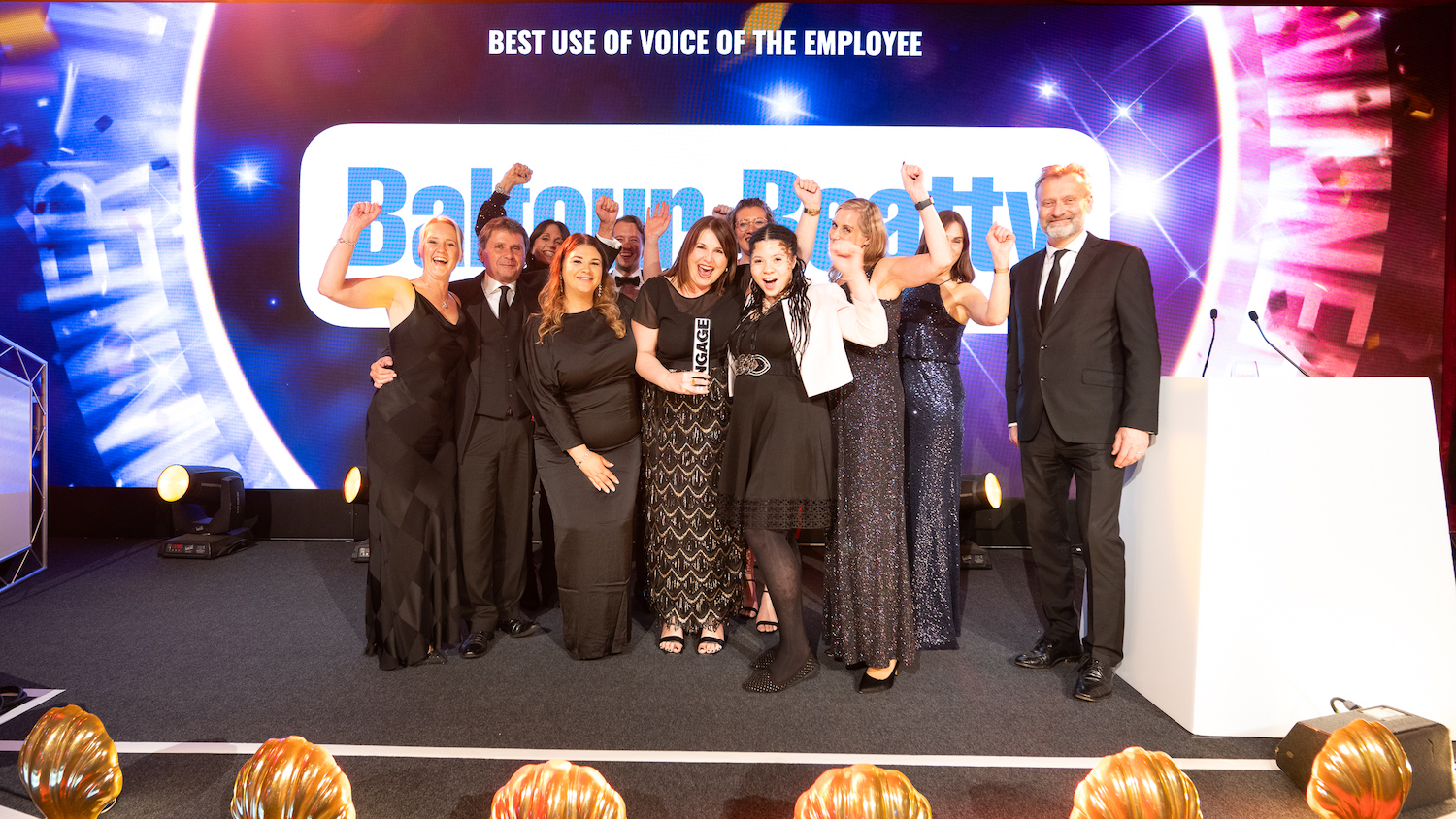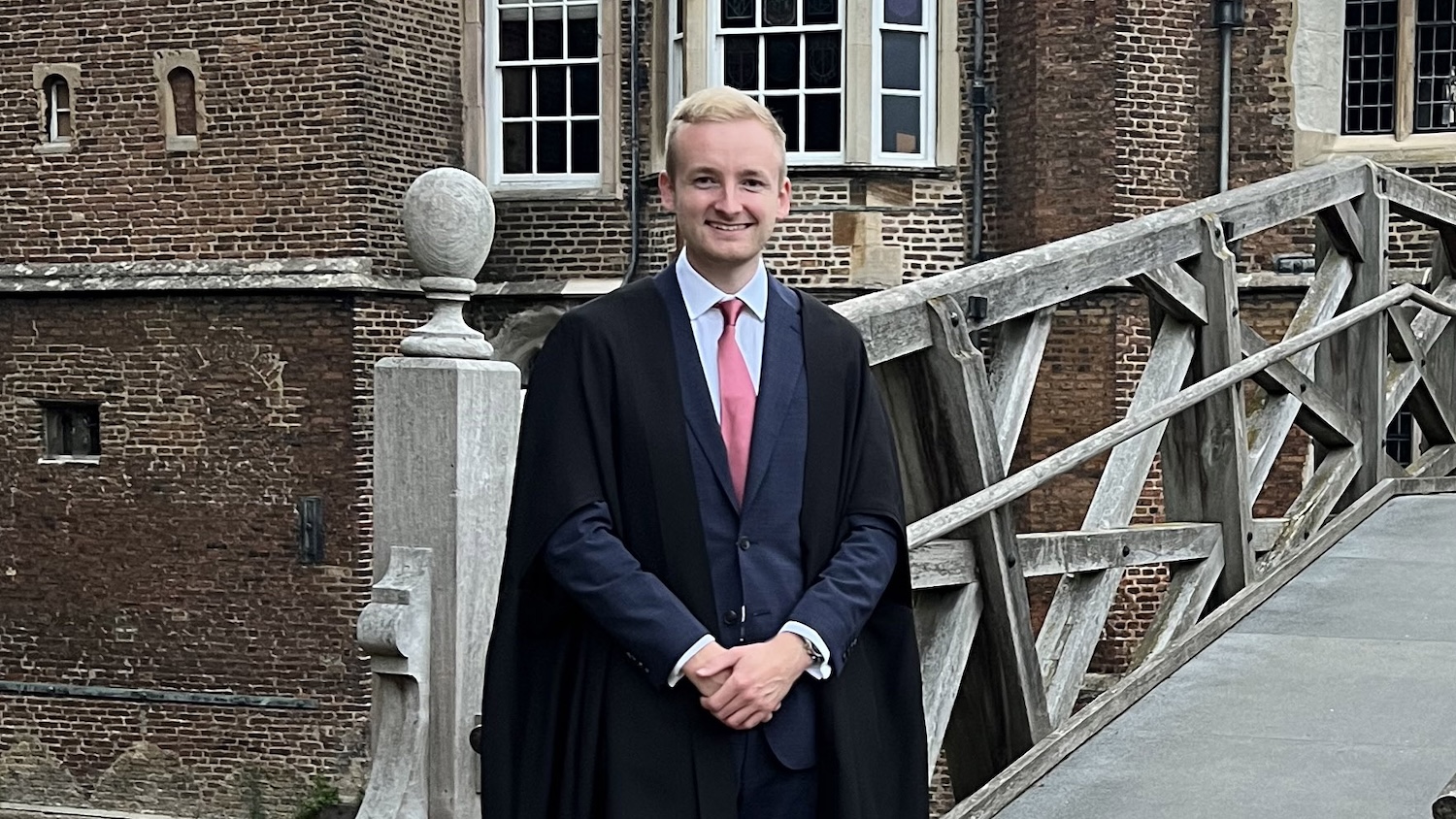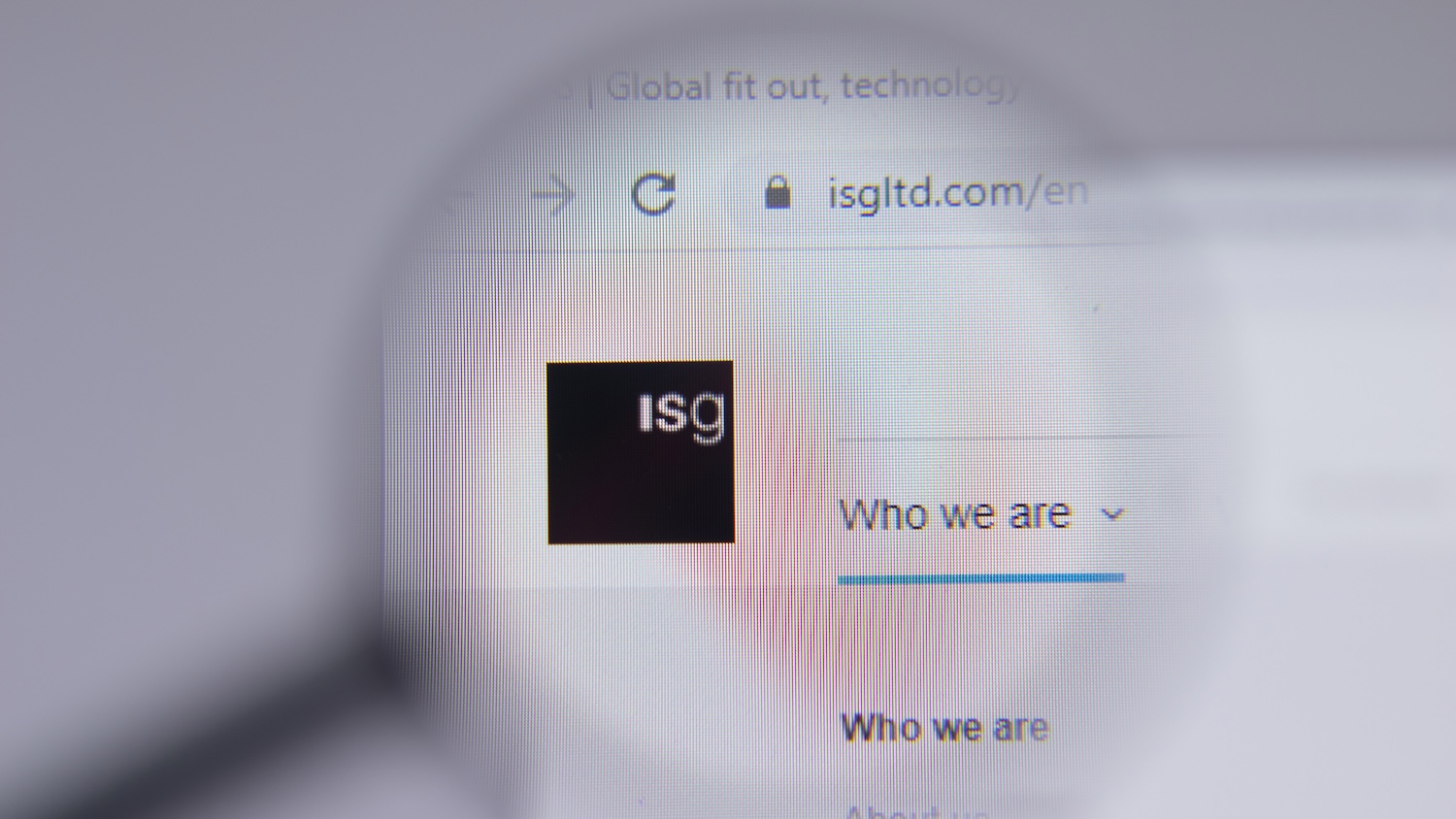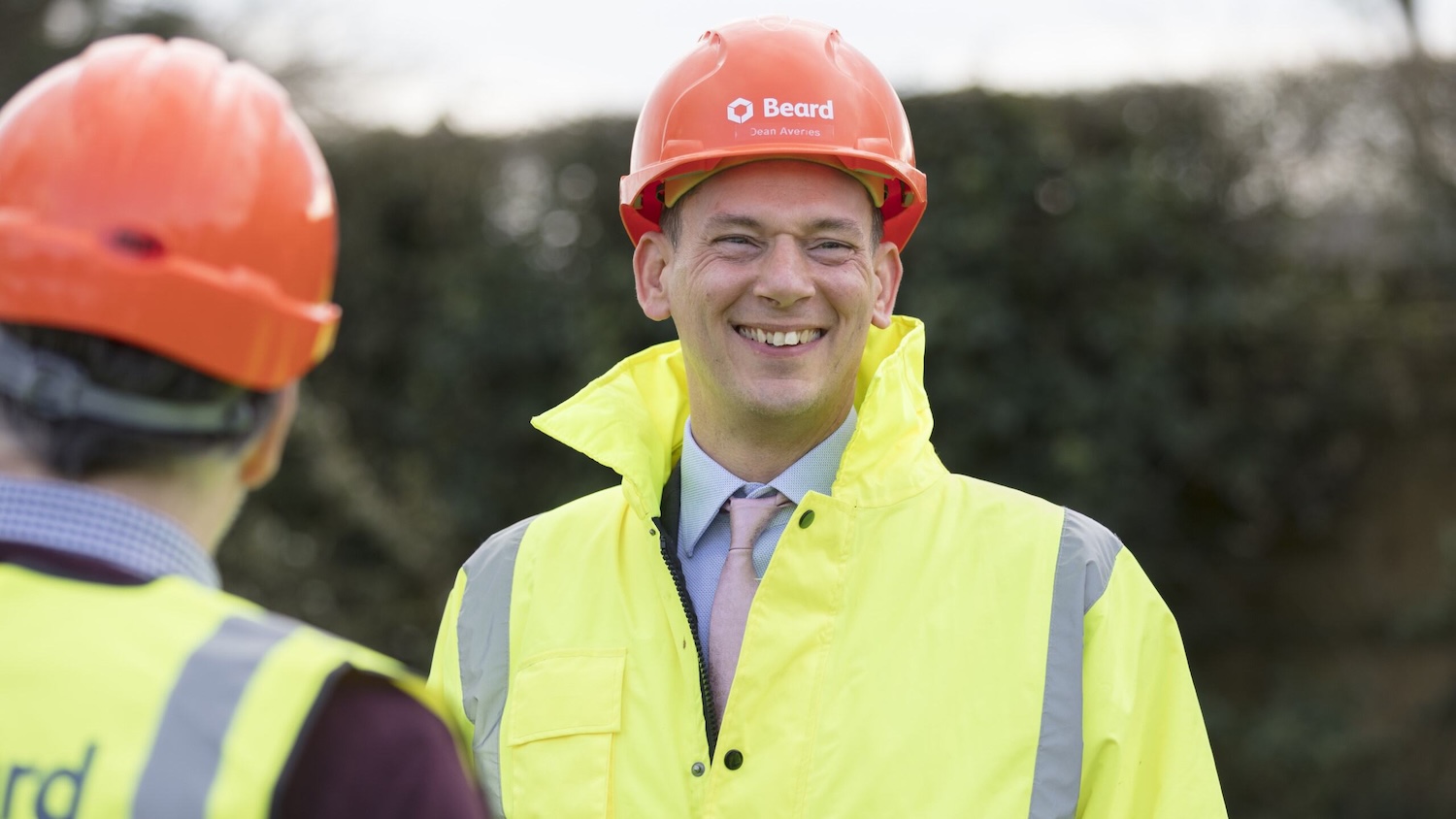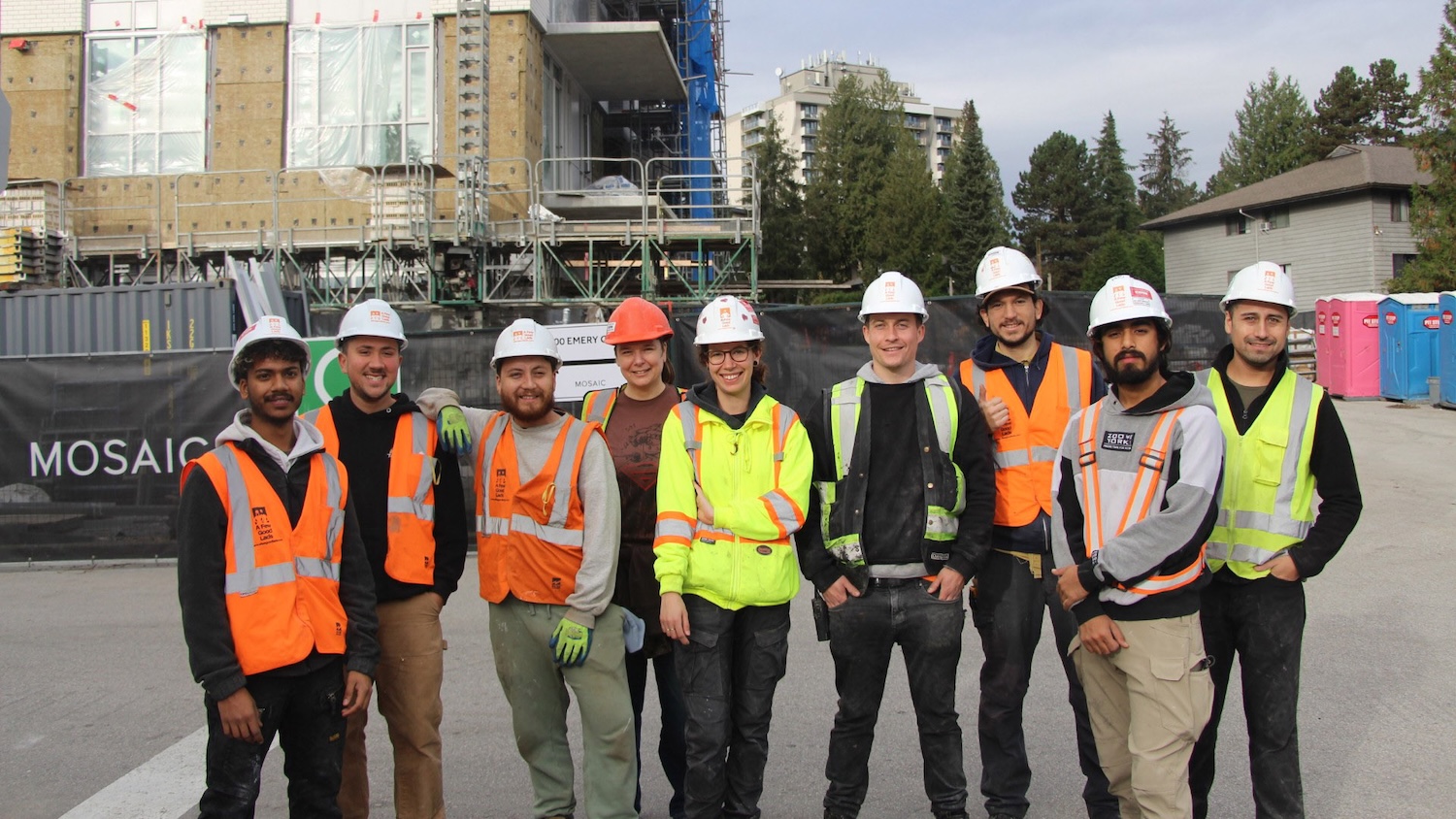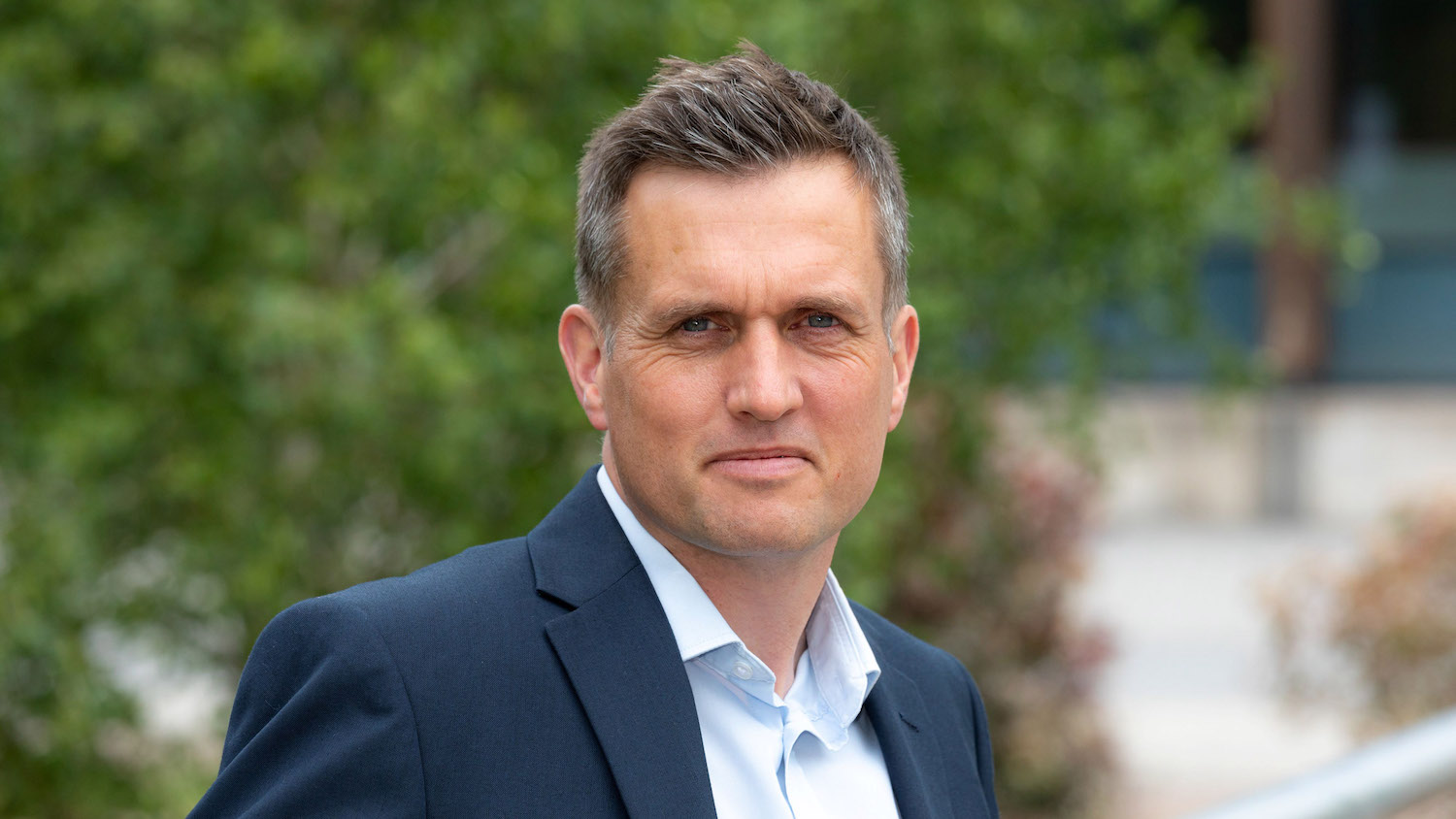
This much I know: ‘Gather interesting and useful knowledge early’
Howel Morris, land regeneration director at Rodgers Leask, explains how gaining industry experience provides a solid foundation for career success in the built environment
What attracted you to a career in engineering and construction?
I have always enjoyed thinking about the balance between development and the natural environment.
Growing up near the estuary of the River Dee in North Wales, amid the declining influence of the steelworks and other industrial land uses, good regeneration was critical.
I started my career cleaning up oil spills focusing on remediation, but it quickly moved to the regeneration of disused or outgoing heavy industrial sites.
What has changed most about the built environment since you joined the sector?
The built environment now needs to offset or accommodate the impact it has on the environment.
The reuse of materials wherever possible helps to balance sites and prevent needless export and import.
The reuse of material is a key interest for my work where existing material may require additional assessment or some form of improvement for it to be retained, but it is still preferable to disposal.
The reduction of transport for construction materials with baked-in CO2 is a key area. We will need to transport materials less and adapt to replace some infrastructure with green, lightly engineered, features
The reduction of transport for construction materials with baked-in CO2 is also a key area.
We will need to transport materials less and adapt to replace some infrastructure with green, lightly engineered features that enhance spaces and reduce the development’s carbon footprint.
What is the most valuable training you’ve received and why?
It was a project management course where we were in teams and had to complete different elements as part of a two-day course.
We had to build Lego bridges as a programmed project, most failing catastrophically at the build stage because we should have asked for advice or more time at the design stage.
We took part in games that promoted collaboration, attempting to get all departments to work together to make a profit together, rather than an individual department making a profit without regard for the wider organisation.
The course also presented the NASA O-rings disaster as an example of [the importance of delivering] bad news early – the likely potential for disaster was predicted at the design stage – and how you should listen to people who know their discipline well.
What project have you worked on that you are most proud of?
The regeneration of the former steelworks at Llanwern, Newport. It brought together several critical items at a time in my career where I had gained some useful experience.
The items included settlement, expansion risk, remediation, infrastructure, foundations, ground improvement and the importance of collaboration across the different disciplines.
The project continues, and the data collected and the response to problems evolves with new technologies.
I like to see our early-year professionals gain experience on such a complex and busy site.
What advice would you give somebody starting in the sector today?
Try to gain useful experience where you can be a part of gathering the information and assessing it.
Speak and listen to people with other skills to you on projects. It is useful to be the person in the room who can liken a problem to something similar they have seen or have assessed and be able to offer a way to a solution.
Engineering careers last 40 years, so try to gather interesting and useful knowledge early as the exciting work and opportunities will fall into place when you have good experience.


